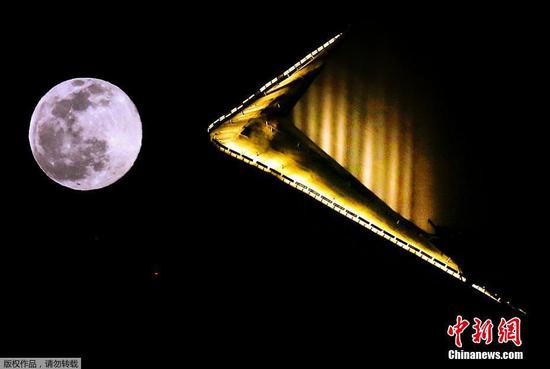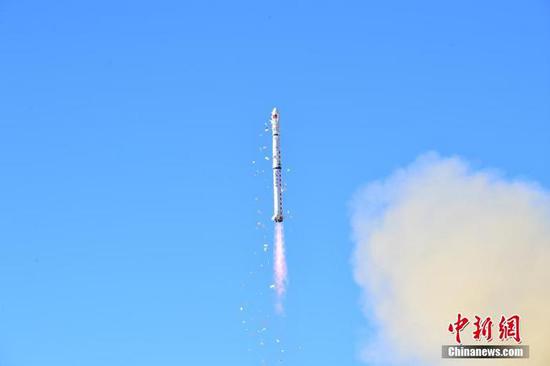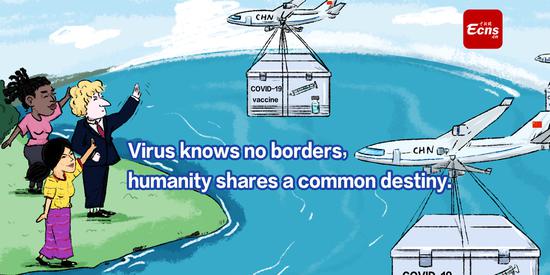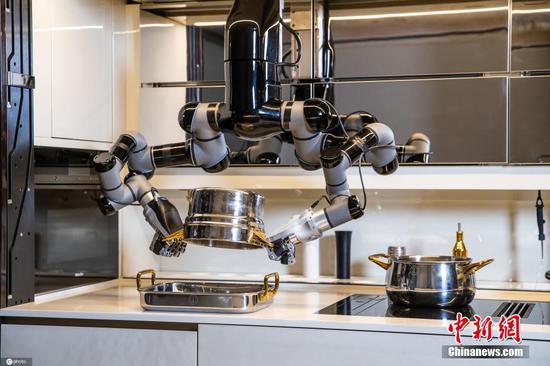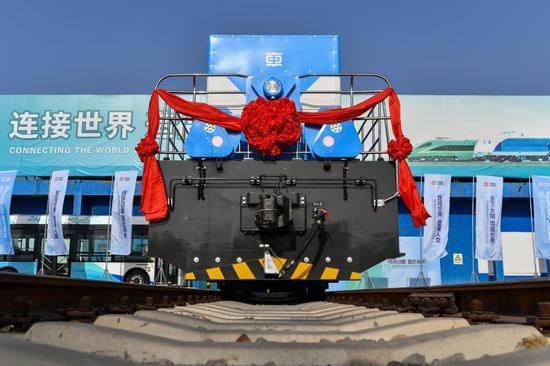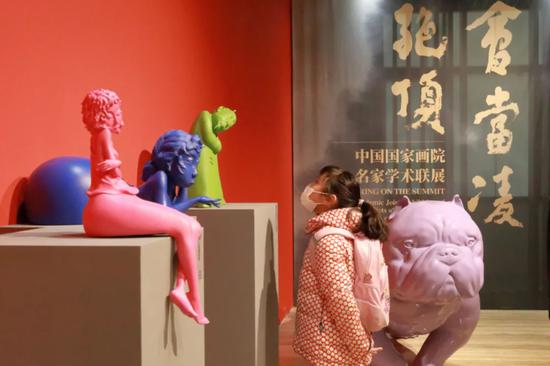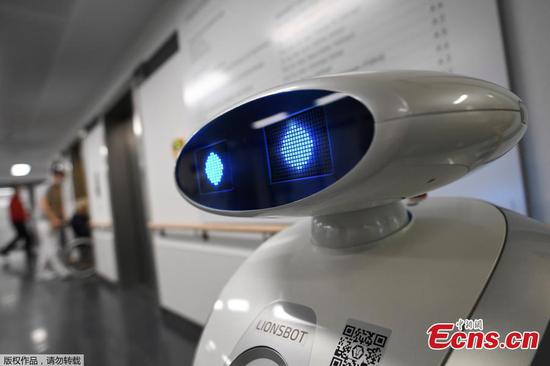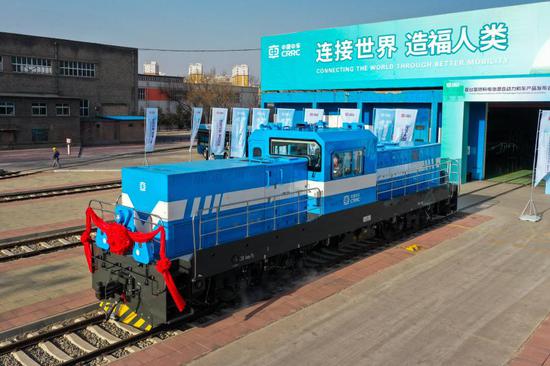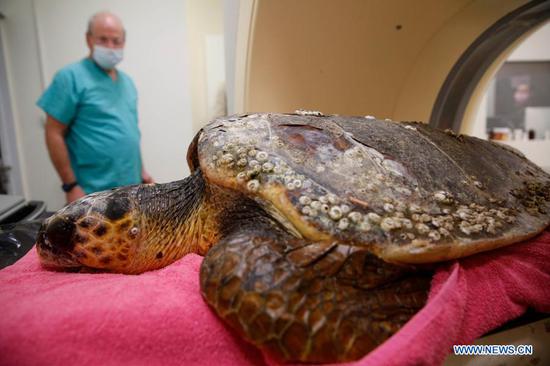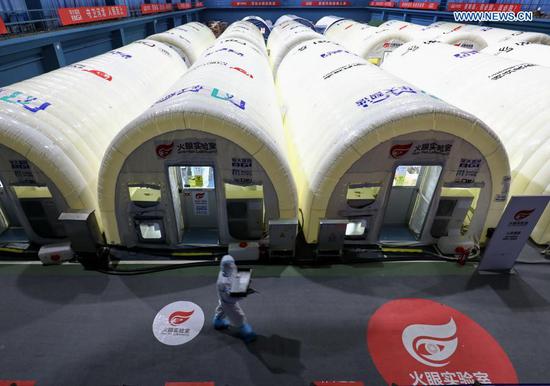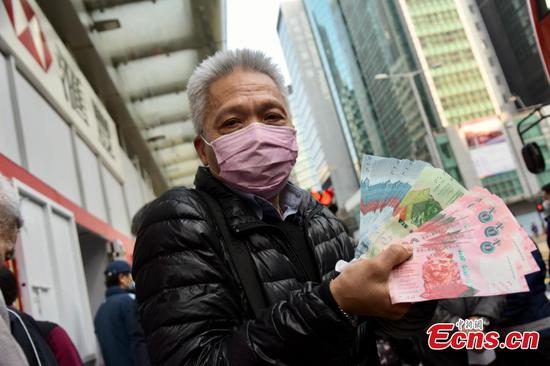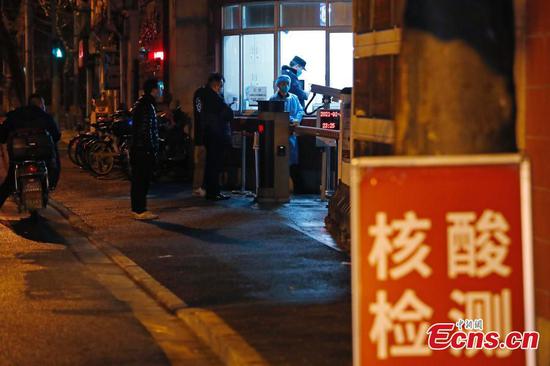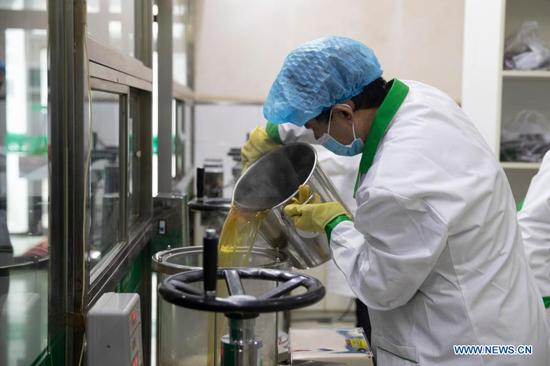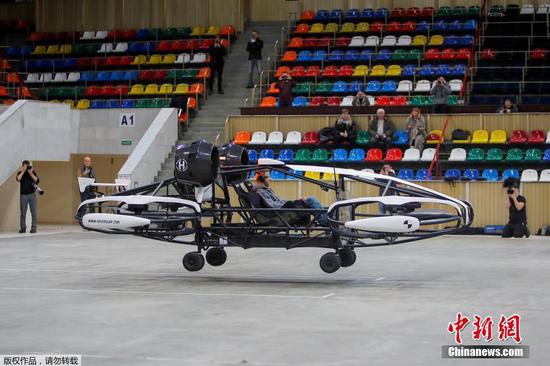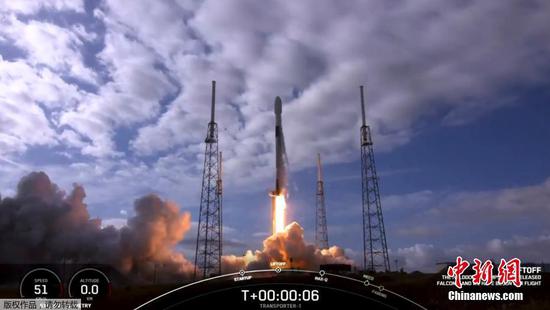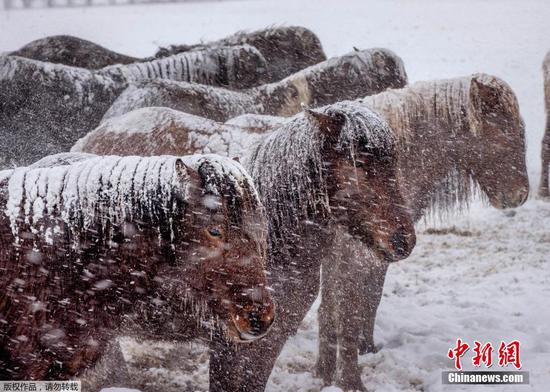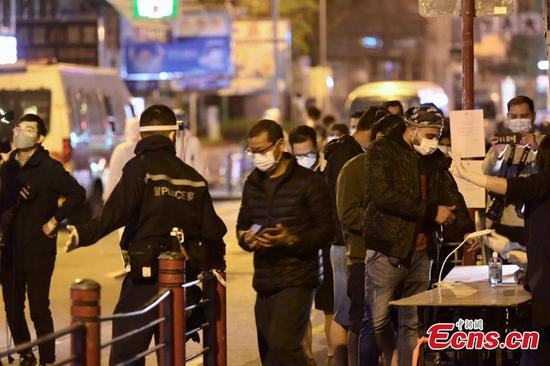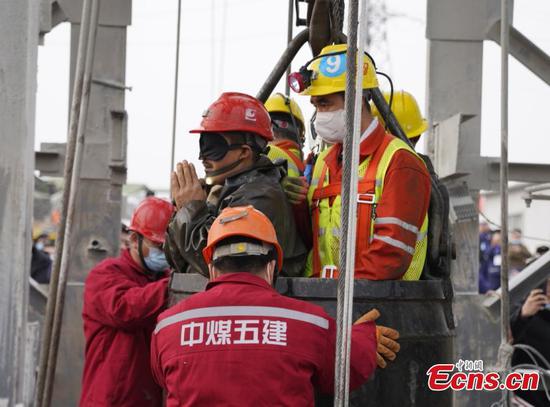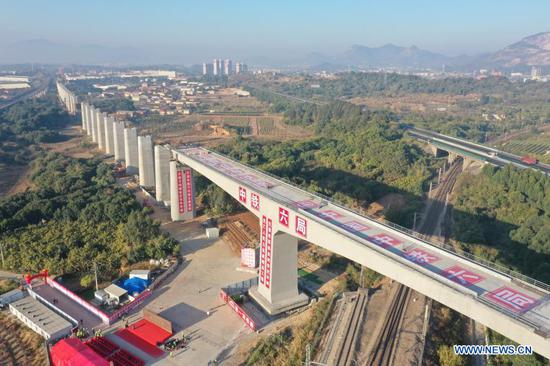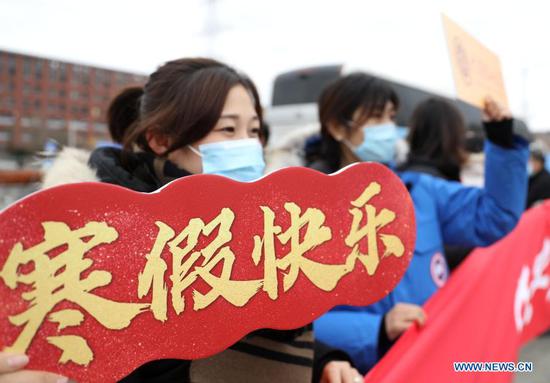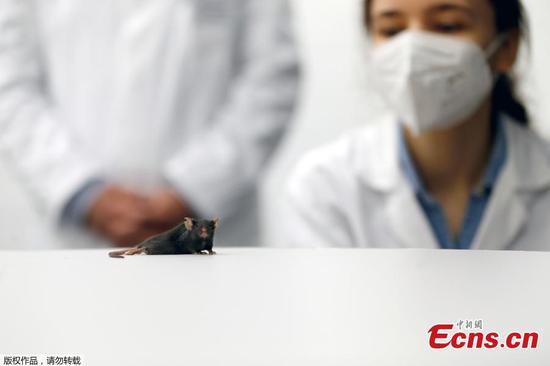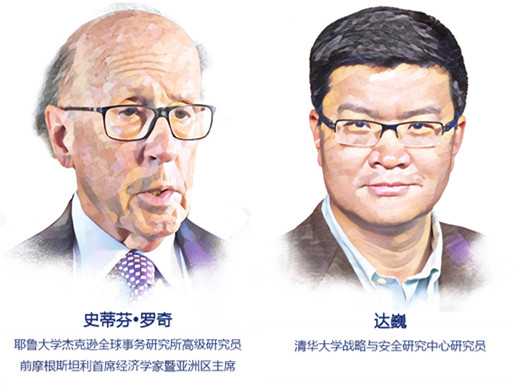
In his speech, Stephen S. Roach, a senior fellow at Yale University's Jackson Institute for Global Affairs and former chief economist at Morgan Stanley, said the U.S.-China relationship remains the major risk factor in the global economic outlook for 2021.
He suggested the two countries rethink the nature of the dialogue between them and set up a full-time office that addresses all aspects of their relationship on a permanent basis.
In terms of the resolution of trade disputes between China and the U.S., Roach said Washington needs to look at its trade imbalances in the context that it has a major shortfall of domestic savings.
"So the savings solution needs to be thought of on a medium to longer term basis, not something immediately, but commitment to saving more is the only effective macroeconomic strategy that we can employ to alleviate our enormous and destabilizing multilateral trade imbalance issue," he added.
In resolving difficulties in the U.S.-China relationship, Roach suggested shifting the focus of the economic and trade conflict away from bilateral trade to structural considerations.
"There's no quick fix to defusing the conflict that has emerged, but I think if we take small steps and began to demonstrate a commitment to conflict resolution rather than conflict escalation, we have a real opportunity as America changes leadership to move from a climate of distrust to a climate that now takes us back to a more trusting relationship between us," Roach said.
Da Wei, a senior fellow at the Center for International Security and Strategy at Tsinghua University, stressed the importance of "sustainable" and "effective" dialogues in improving China-U.S. relations, and said the two countries need to establish some kind of mechanism to stabilize their ties.
He said there are elements of competition in China-U.S. ties, but he didn't think "the old-style Soviet-U.S. Cold War competition" remains in relations between Beijing and Washington. There are broad fields in which China and the U.S. can cooperate with each other, he said.
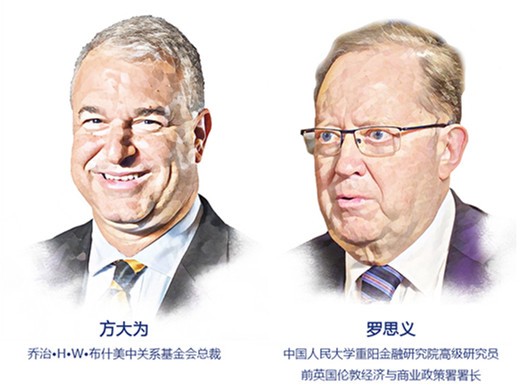
David Firestein, president and CEO of the George H.W. Bush Foundation for U.S.-China Relations, said that the notion that China is fundamentally a critically important competitor to the U.S. will remain a core element of the U.S. mindset toward China.
However, Firestein added that he thinks the new U.S. administration will likely depart from Trump administration policy. There is the opportunity to "built back better" the U.S.-China relationship under the new U.S. administration, he said.
"The U.S.-China relationship has always been immensely important. It has always been complex. It will remain complex and challenging as we go forward. … And I hope that this is an opportunity where we can take stock of the U.S.-China relationship," Firestein said.
John Ross, a senior fellow at Renmin University of China's Chongyang Institute for Financial Studies and former director of economic and business policy for the mayor of London, said the inauguration of the new U.S. administration should be "an opportunity to reset China-U.S. relations after the rather negative period".
Relations between China and the U.S. are so important because they affect not only themselves but also the world, Ross said. He expressed hope that the new U.S. administration will adopt a policy of win-win cooperation with China instead of a Cold War mentality.









